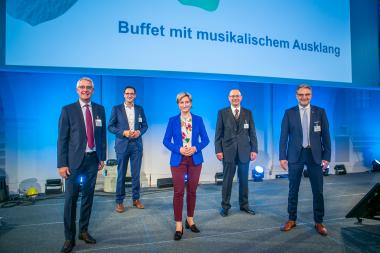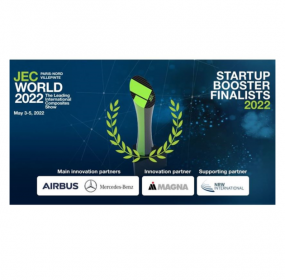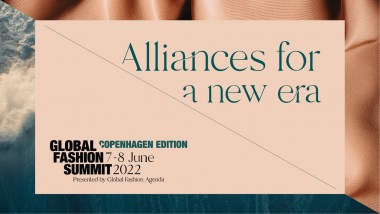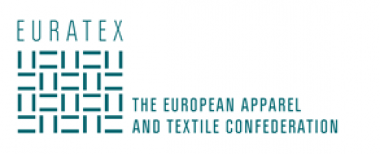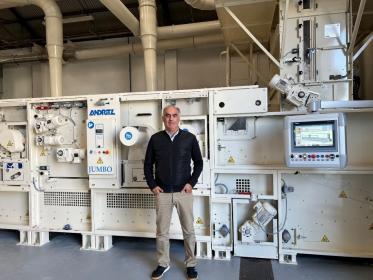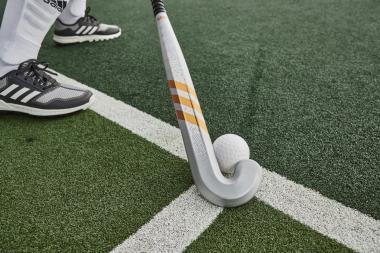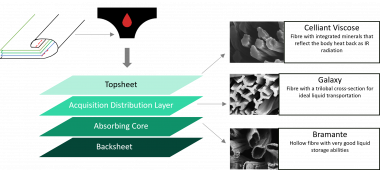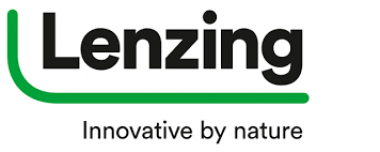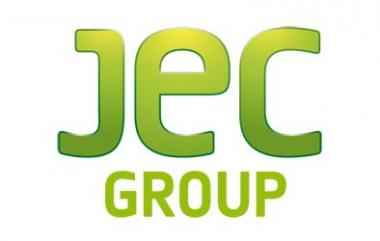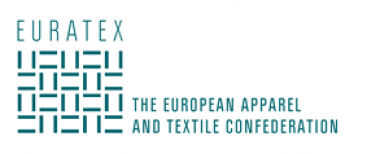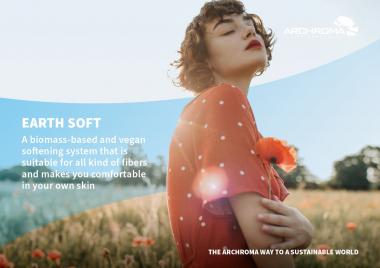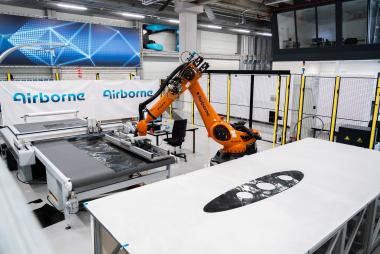DITF feierten 100+1 Jahre
Wie so viele Ereignisse musste auch die Jubiläumsfeier der Deutschen Institute für Textil- und Faserforschung (DITF) verschoben werden. So waren es am 22.2.2022 100+1 Jahre Textilforschung, die gefeiert wurden. Unter dem Motto „Let’s celebrate the textile future“ hatten die DITF ins Haus der Wirtschaft in Stuttgart eingeladen.
Zu Beginn der Veranstaltung nahm der DITF-Jubiläumsfilm die Zuschauer mit auf eine Zeitreise und zeigte Impressionen von der Gründung des Deutschen Forschungsinstituts für Textilindustrie in Reutlingen-Stuttgart bis zu den heutigen Technika und Laboren des modernen Forschungszentrums in Denkendorf, wo sich ab den 70er-Jahren alle Forschungsbereiche zusammengefunden hatten: von der Chemie über den Maschinenbau, die Verfahrenstechnik zu den Wirtschaftswissenschaften.
Die Bedeutung der Denkendorfer Textilforschung für alle Zukunftsthemen unterstrichen die Wirtschaftsministerin des Landes Baden-Württemberg, Dr. Nicole Hoffmeister-Kraut und die Parlamentarische Staatsekretärin im Bundeswirtschaftsministerium, Dr. Franziska Brantner. Dr. Brantner lobte die DITF dafür, sich immer wieder neu zu erfinden und neu zu entdecken. Damit trage das Forschungszentrum wesentlich dazu bei, Digitalisierung und Klimaschutz zusammenzubringen.
Für die Festvorträge konnten Dr. Antje von Dewitz, VAUDE, Professor Klaus Müllen, Max-Planck-Institut für Polymerforschung, und Peter Dornier, Lindauer Dornier, gewonnen werden. Alle drei widmeten sich zentralen Zukunftsthemen wie Nachhaltigkeit und Digitalisierung. Dr. von Dewitz zeigte am Beispiel von VAUDE, dass Umwelt- und Klimaschutz den wirtschaftlichen Erfolg nicht bremsen, sondern für Wachstum sorgen können. Obwohl Textilunternehmen bisher nicht als umweltfreundlich gelten, haben sie großes Innovationspotenzial und können ganzheitlich Verantwortung übernehmen.
Im Anschluss konnten die Besucher durch eine Ausstellung bummeln, in der die zwölf Kompetenz- und Technologiezentren der DITF Beispiele ihrer Forschung zeigten.
DITF


